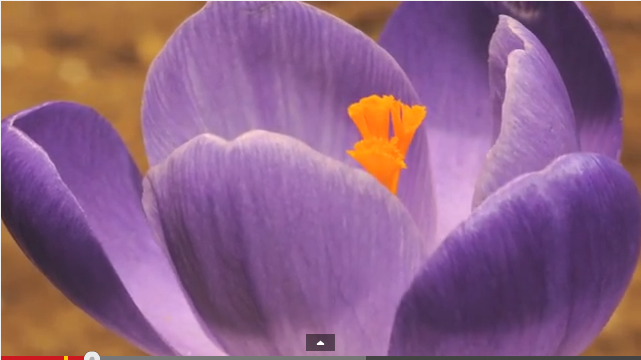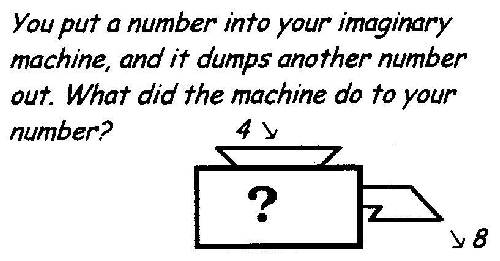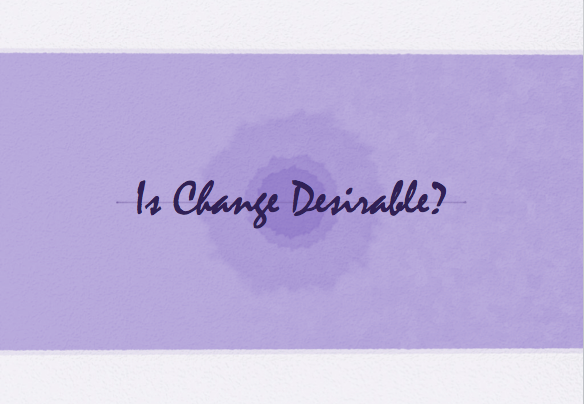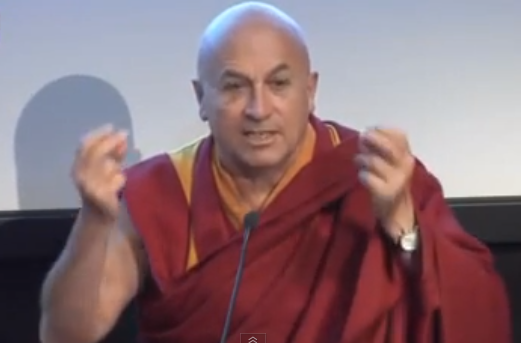Writing and Healing Prompt: Locating a Potential for Change
The idea here, coming out of Matthieu Ricard’s instructions in Why Meditate? is to establish a motivation—a why—right at the beginning. His first suggested meditation, “A Vow to Transform,” included in his preliminary instructions, brings together many of the early ideas from his book—especially this notion that change is both desirable and possible—for any of us—for all of us. Though he presents it as one paragraph in his book, I’m presenting it here in 5 pieces—2 questions and 3 pieces of advice. And, of course, you could adapt this in a way that makes sense to you. Here are the 5 pieces: Reflect on how you are now. Do you find patterns of behavior and habitual reactions in yourself that need to be improved or transformed? ** Look into the deepest part of yourself. Can you sense the presence of a potential for change there? ** Arouse the confidence to believe that change is possible through effort, determination, and wisdom. ** Take a vow to transform yourself not only for your own sake but also, and especially, for the sake of one day being able to dispel the suffering of others and contribute to their enduring happiness. ** Let this determination grow and take root in the deepest part of your being. Looking over the pieces now, I feel like the second piece is the core of this meditation—its seed: Look into the deepest part of yourself. Can you sense the presence of a potential for change there? What does this potential for change look like? Does it appear as an image? A feeling? A word? Where in yourself do you sense it? What might it look like and feel like if it began to grow and take root? What kind of attention does it need? What kind of nourishment? _______________________________________________ The book, Why Meditate?, can be found here. You can learn more about Matthieu Ricard and his work at matthieuricard.org and at karuna-shechen.org The picture above is from a time-lapse video of a crocus unfolding by Neil Bromhall. Because it is spring and because I love time-lapse photography and the way it makes change visible. You can learn more about Neil Bromhall and his work...
read more




